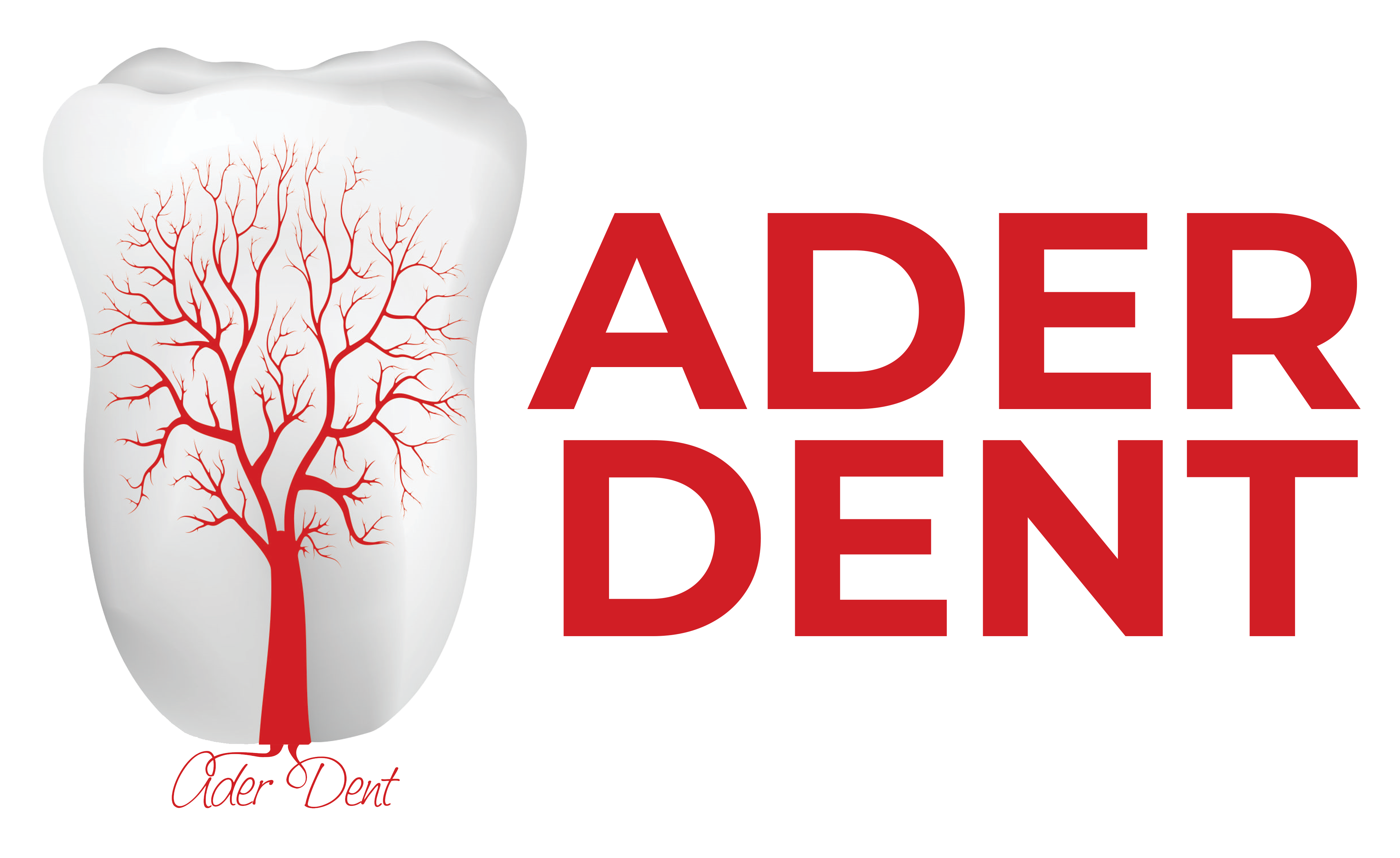Protecting a baby’s oral and dental health can be largely achieved through proper care from an early age. This process begins when a baby’s primary (milk) teeth start to emerge and plays a crucial role in ensuring healthy teeth in the future. So, how can we protect oral and dental health in babies? Let’s take a closer look together.
When Do Babies Start Teething?
A baby’s first milk tooth usually erupts around the 6th month in the lower jaw. However, since each baby develops differently, the timing of the first tooth can vary depending on the child’s genetic makeup, health, and individual development. Some babies may begin teething as early as 4–5 months, while others may not begin until 9–12 months. This variation is completely normal and reflects each child’s unique growth pattern.
When Should the First Dental Visit Take Place?
A baby’s first dental visit should take place within six months of the first tooth emerging, and no later than the child’s first birthday. This visit is essential for monitoring oral health, educating parents on proper nutrition habits, and detecting potential cavities early on.
The dentist can also provide parents with guidance on cleaning techniques and cavity prevention methods. Scheduling a pediatric dental check-up as soon as the first tooth appears can help prevent many problems down the road. For more information, visit our pediatric dentistry page.
Key Points in Infant Oral and Dental Care
Early intervention is critical in maintaining a baby’s oral and dental health. Once primary teeth erupt, proper dental care becomes essential to ensure strong, healthy teeth in the future. Continue reading to discover how to best care for your baby’s teeth and gums.
How Do Cavities Develop in Babies, and How Can They Be Prevented?
Cavities in babies are often caused by bacteria transmitted from parents or caregivers. For example, cooling a baby’s bottle in the parent’s mouth or sharing utensils can transfer cavity-causing bacteria to the baby.
To protect a baby’s dental health, such habits should be avoided. Sugary foods and drinks can also lead to cavities, so balanced nutrition is key. Early dental care and regular dentist visits are effective in preventing decay.
Since babies’ immune systems are still developing, oral infections can spread quickly. Therefore, early dental intervention is especially important. In cases where tooth structure is affected by infection, future esthetic dentistry solutions tailored to children may be considered.
What Should Be Done When Babies Start Teething?
During teething, babies may experience discomfort, pain, and irritability. This process typically occurs between 6 and 12 months of age. Swelling and sensitivity in the gums are common during this time. Gently massaging the gums or using specially designed teething toys can help relieve discomfort.
What Habits Should Be Taught to Protect Babies’ Oral and Dental Health?
- Schedule and attend regular dental appointments to monitor your child’s oral health.
- Avoid sugary foods and beverages; promote a balanced and healthy diet from an early age.
- Ensure teeth are cleaned regularly and help your child develop good brushing habits early on.
- Avoid cooling the baby’s bottle or spoon in your own mouth, and refrain from direct mouth-to-mouth contact.


 TR
TR







